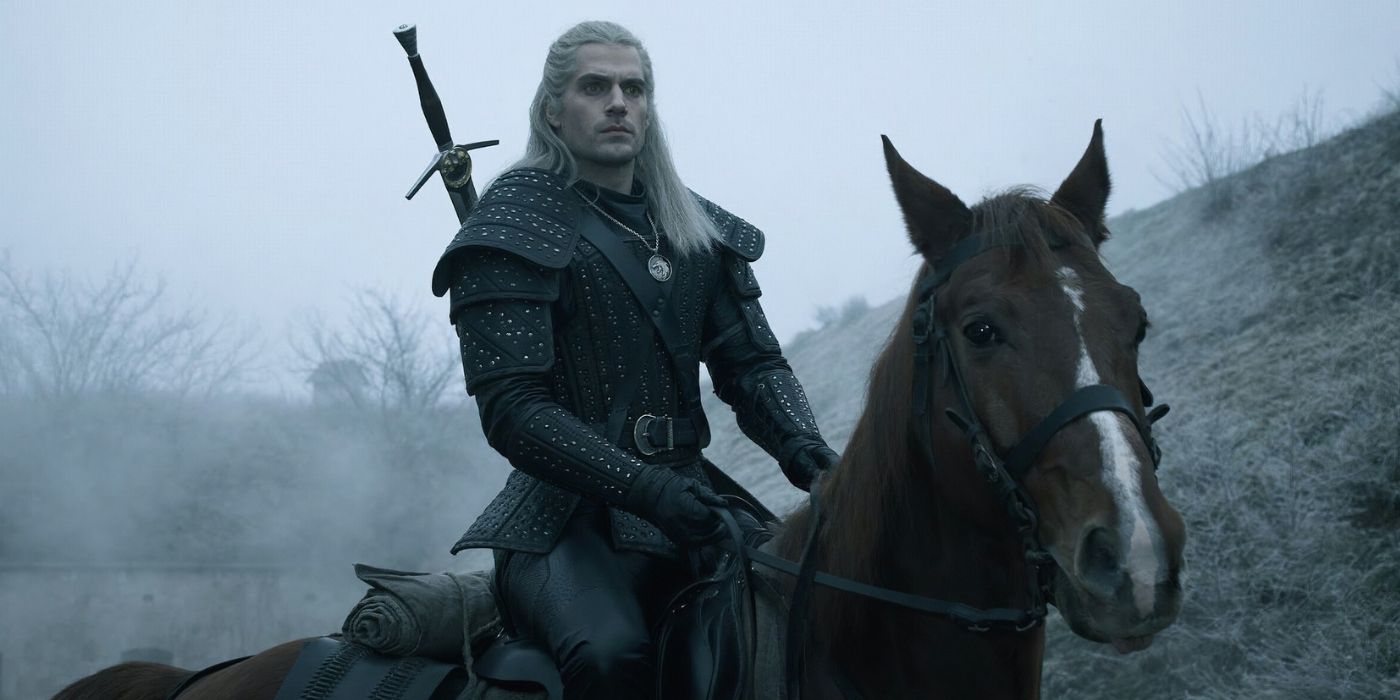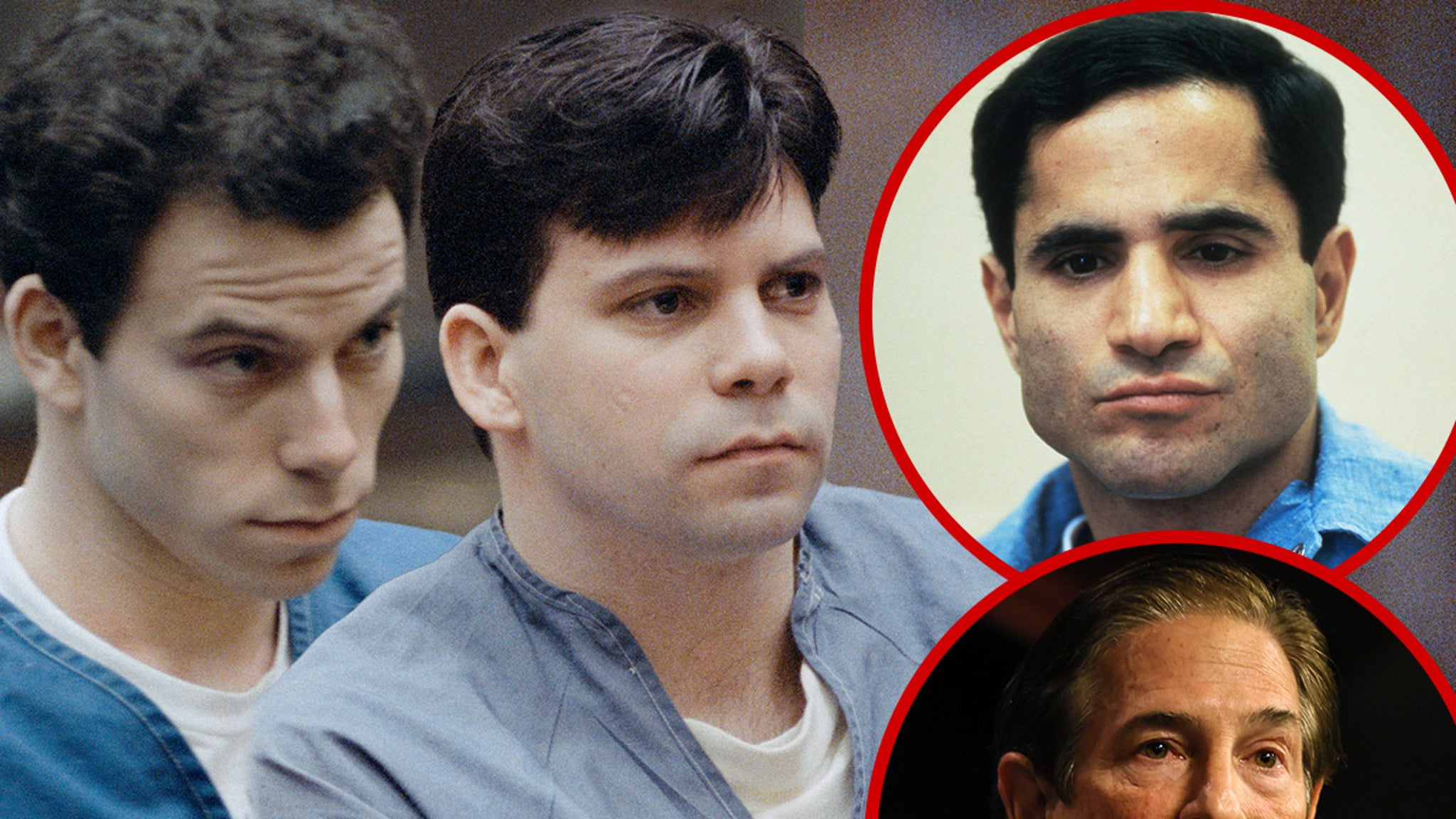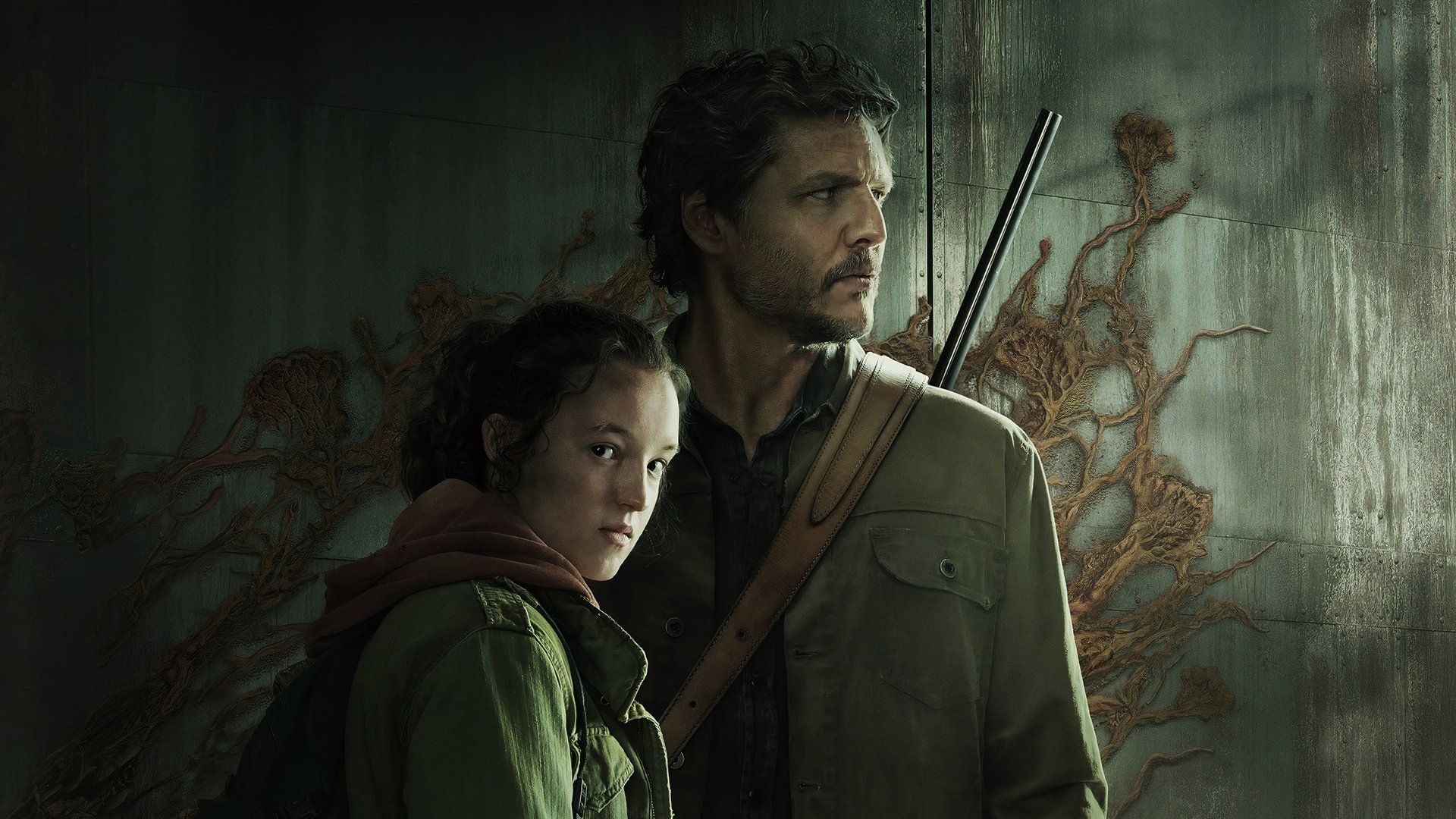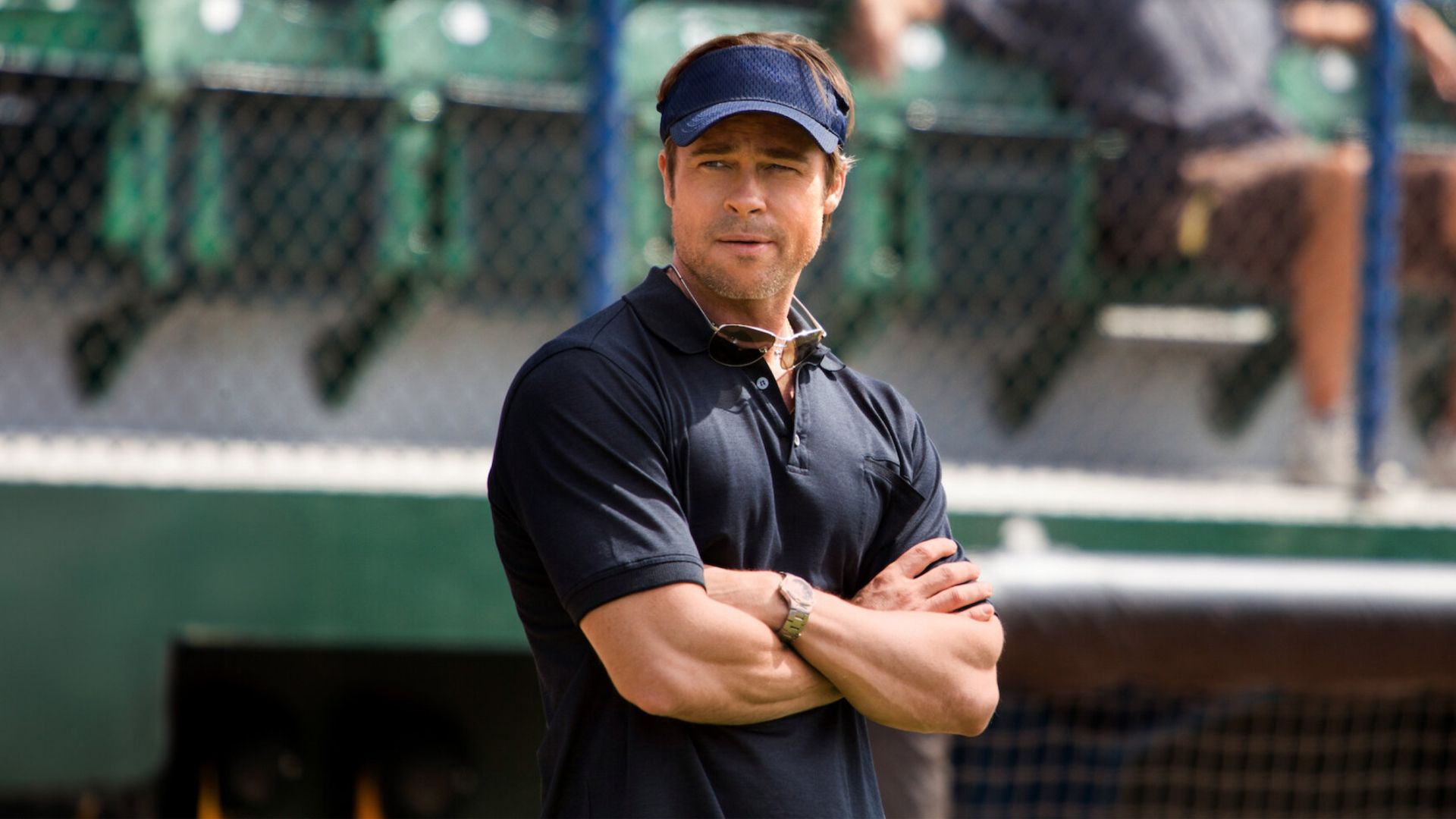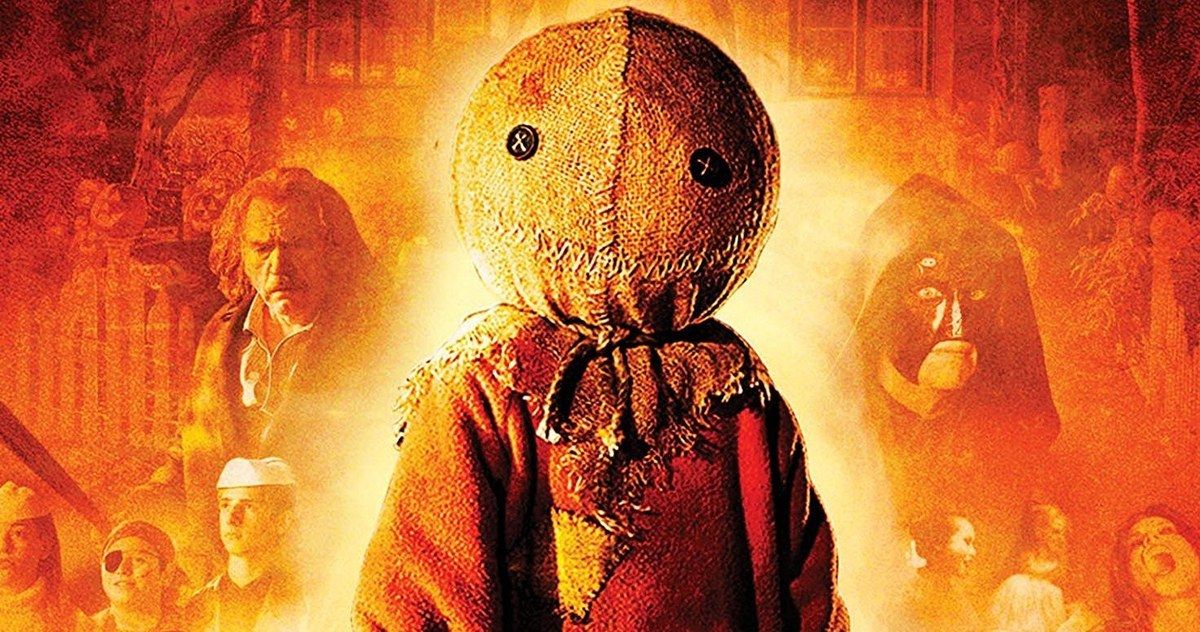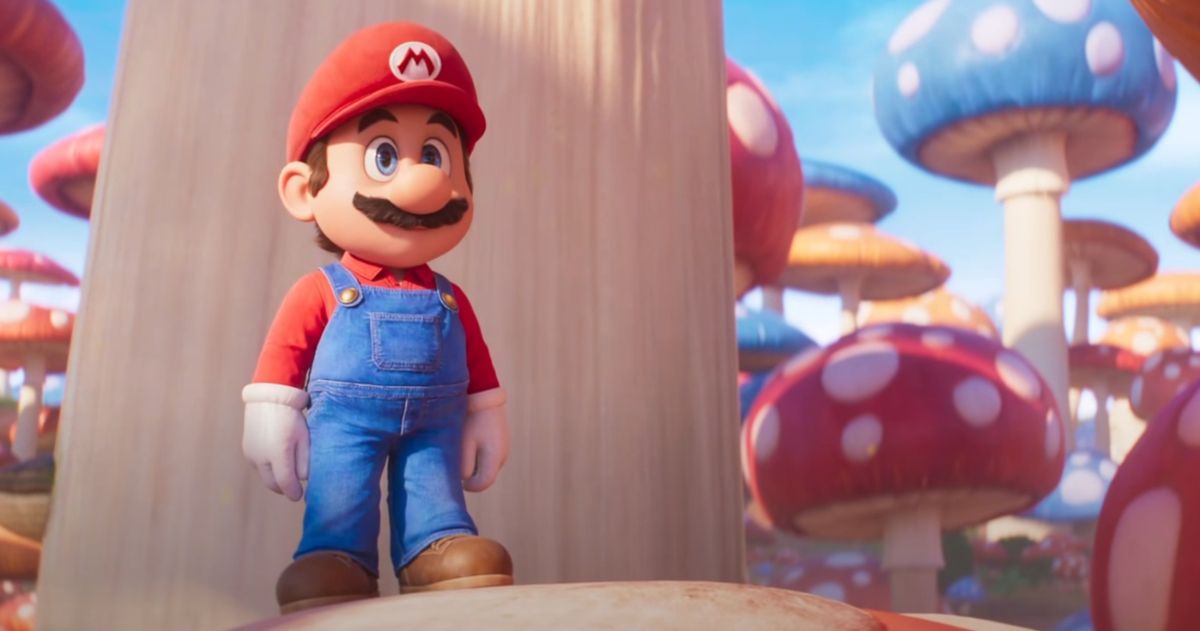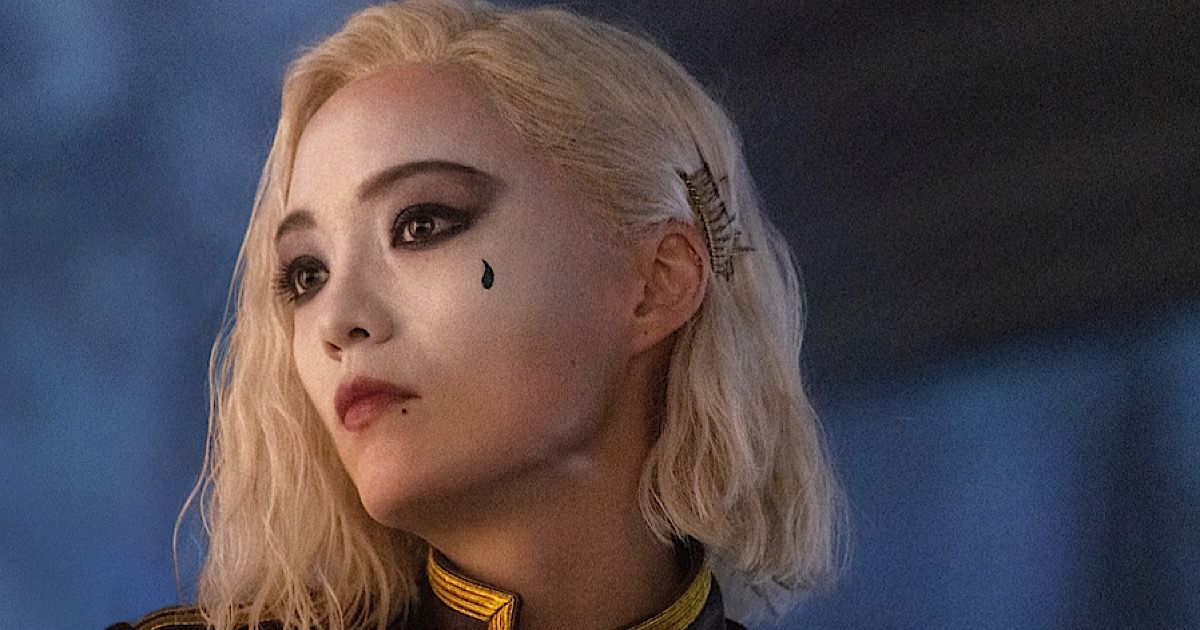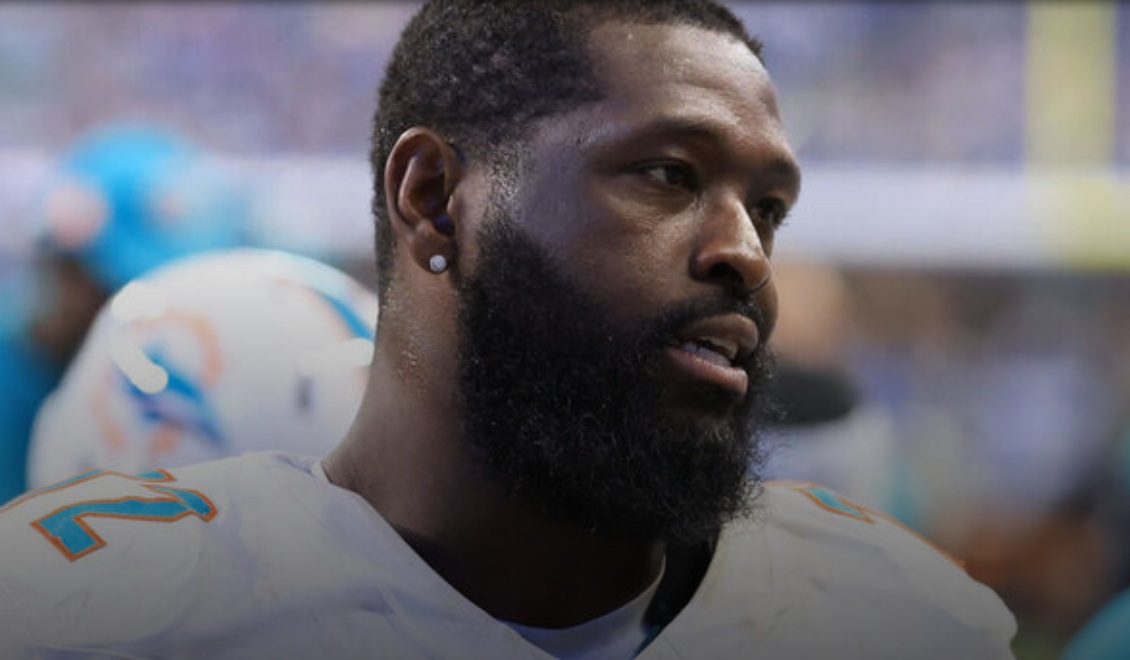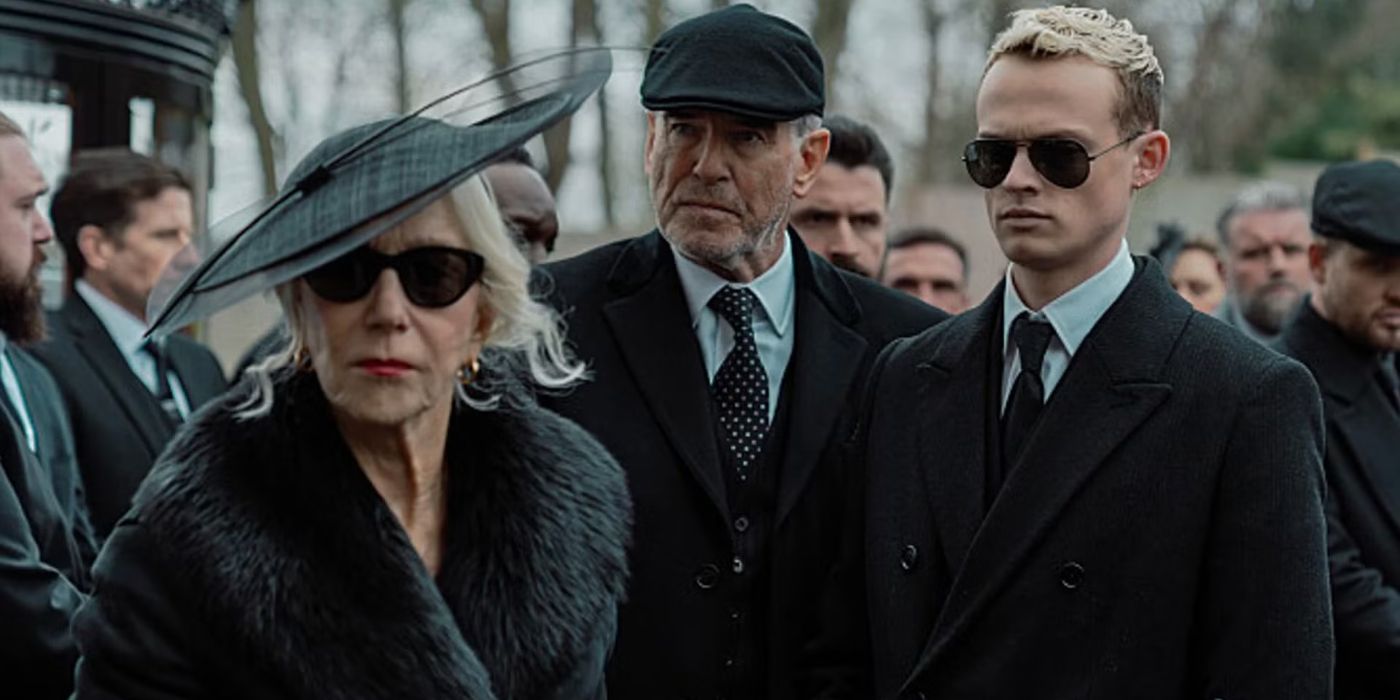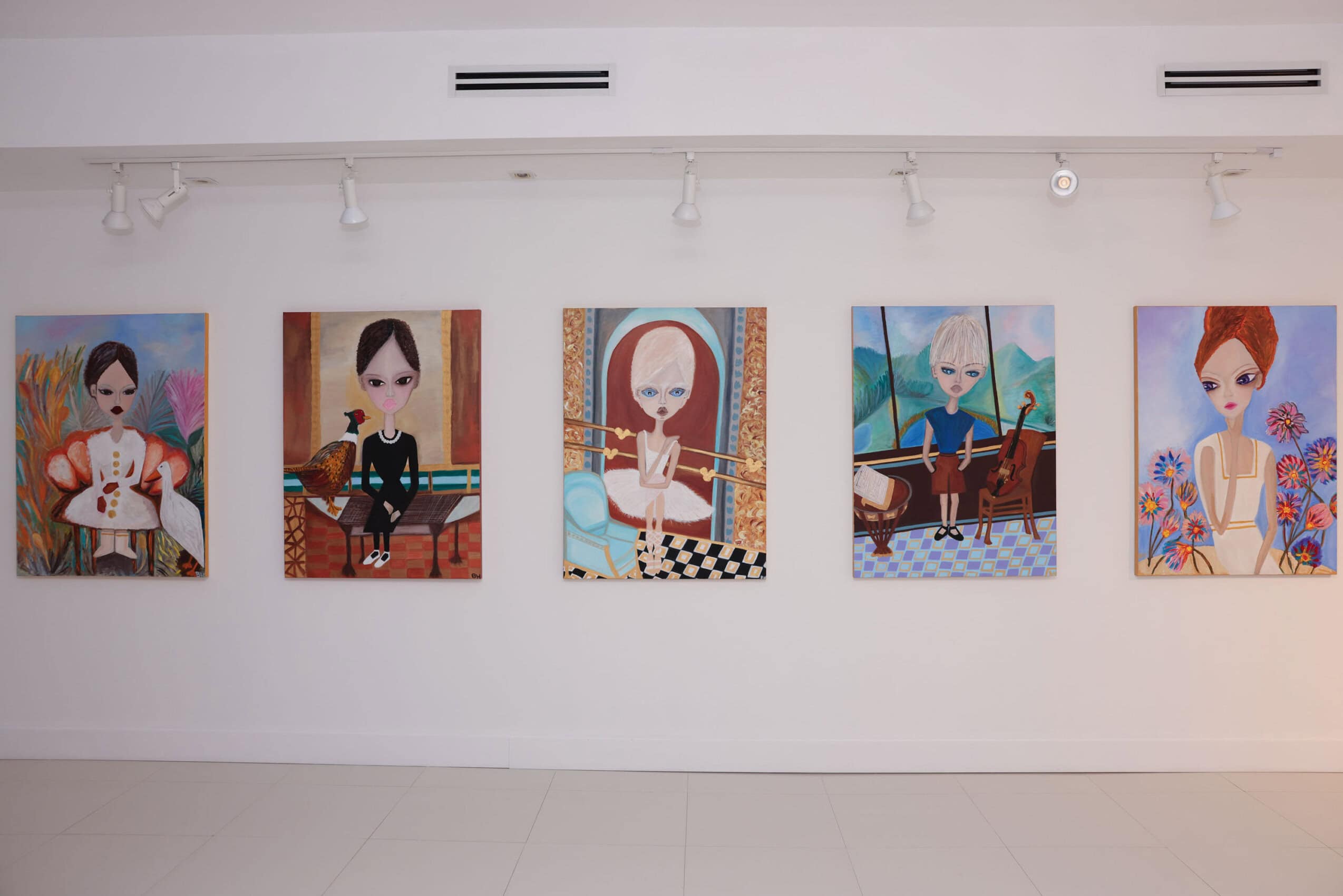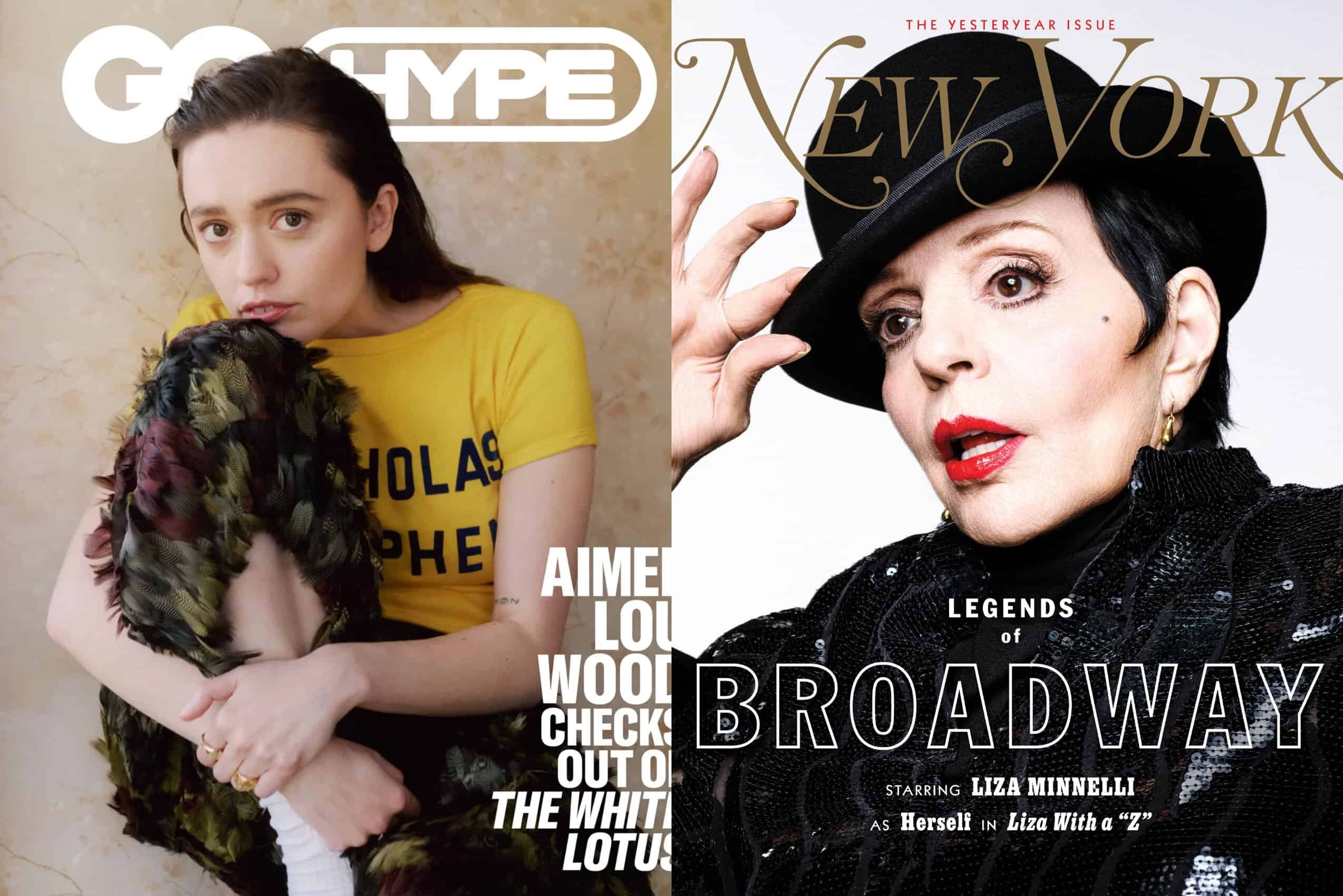Michelangelo Frammartino seemed once upon a time a shoo-in for canonization among those names, but his infrequent output might keep him from all but the most niche reckonings with the modern cinema. His 2010 film “Le Quattro Volte” was a smash, as much as an art film about time, reincarnation, and goats can be at any rate, but then he waited a full decade to follow it up. “Il Buco” is even better than “Le Quattro Volte,” though destined to be less popular. It’s based on a true story about a spelunking trip to a remote Italian village, but mostly it’s a series of picturesque observations of the invasion of society into a place content to reject it. The cave dwellers make for fascinating spectacle; men lighting small fires and letting them drift hundreds of feet into nothingness to gauge the death of the cave system. Outside men tend their farm animals, watch one communal television, and die of natural causes. The further into the earth we go, the more we miss of life above. Which men have it right?
Mamoru Hosoda’s rapturously animated “Belle” is interested in the same question. Its characters are headed into a different kind of cave, a place of pure fantasy and dissociation. A young girl enters a living social network and becomes a sensation after she entertains dozens then hundreds then millions with her singing voice. She forgot how to sing in the real world after her mother died saving another little girl from drowning when she was young. She and her father have since grown distant, and she’s become a pariah at school. When she becomes Belle online, she forgets all of that, indeed forgets all of her own trouble. She sees a figure on the online world, a kind of creature, part-man, part-dragon, and she makes it her mission to help him, which involves reckoning with the real world for the first time since she was a child.
“Belle” is stupendous work, a movie with old preoccupations (new bodies, false worlds, beauty shining light on decaying personae) but a sparkling new vision for them. I was routinely rendered slack jawed in wonder at the sight of phantom whales carrying Belle to heavenly highs, and of families finding the language to reconcile. It reminded me of another film in the festival, one of my favorites, Allison Chhorn’s “Blind Body.” It’s interested in refiguring the things we know and understand—family, sight, sound, grief, the speed of our thoughts. “Blind Body” is as small as “Belle” is huge and expansive, but perhaps even more affecting. Chhorn’s documentary work is marvelous, and “Blind Body” brings us uncomfortably close to the elderly flesh and warped vision of an old family member, finding exciting visual language to describe what we all know in our hearts: that losing what we knew all of our lives is terrifying and lonely. This is a profound act of empathy in the form of winsome abstraction, and I was similarly moved beyond words.
I saw in this little study the aging Bellocchio siblings, Lou Reed and John Cale looking back on their lost comrade, and the roaring ocean of Pasolini. I think images are worth repeating when they’re as good as these.
You can view the original article HERE.



